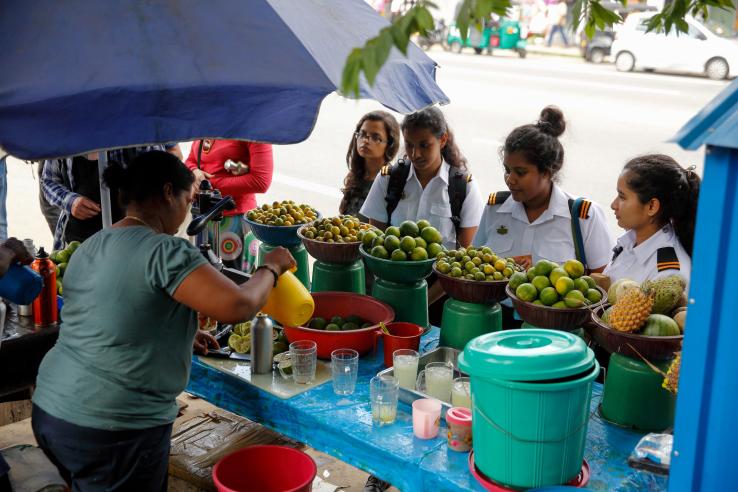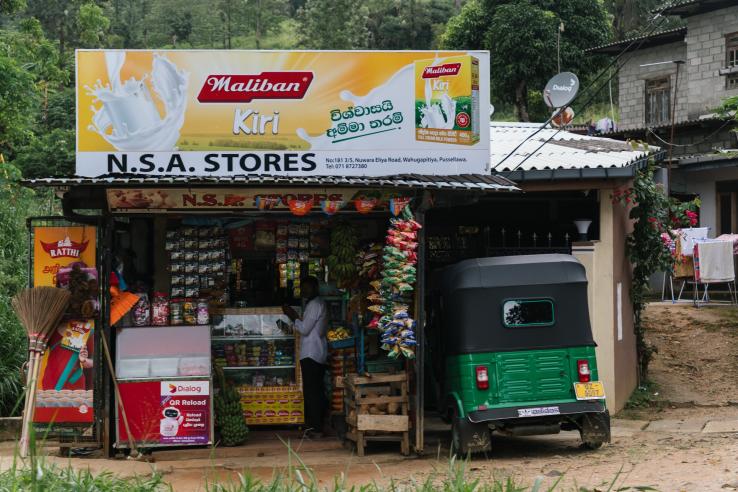Displaying 6346 - 6360 of 8318
Evaluation
Researchers evaluated the impact of a business training intervention, alone and combined with a cash grant, on the income and other business outcomes for self-employed women in Sri Lanka. Researchers found that business training alone was not sufficient to generate business growth, but when combined with a US$129 cash grant, the business training program appeared to boost profits in the short-term.
Evaluation
Researchers evaluated the impact on educational outcomes of providing enhanced vision services to low-income elementary school children. Providing vision screening and free eyeglasses significantly increased achievement in two of the three districts studied, while screening without the provision of free eyeglasses had no effect.
Evaluation
To study the employment limitation of microenterprises, researchers offered microentrepreneurs capital to incentivize them to hire workers. Results showed that a wage subsidy did not lead to lasting increases in employment sales or profits.
Person
Person
Person
Person


